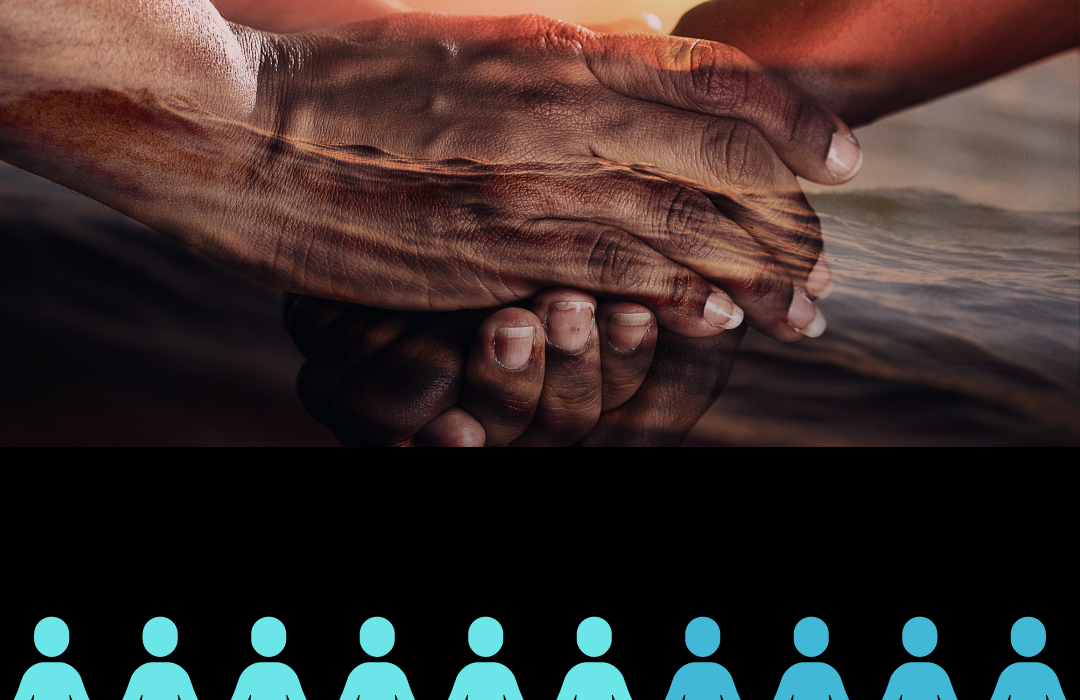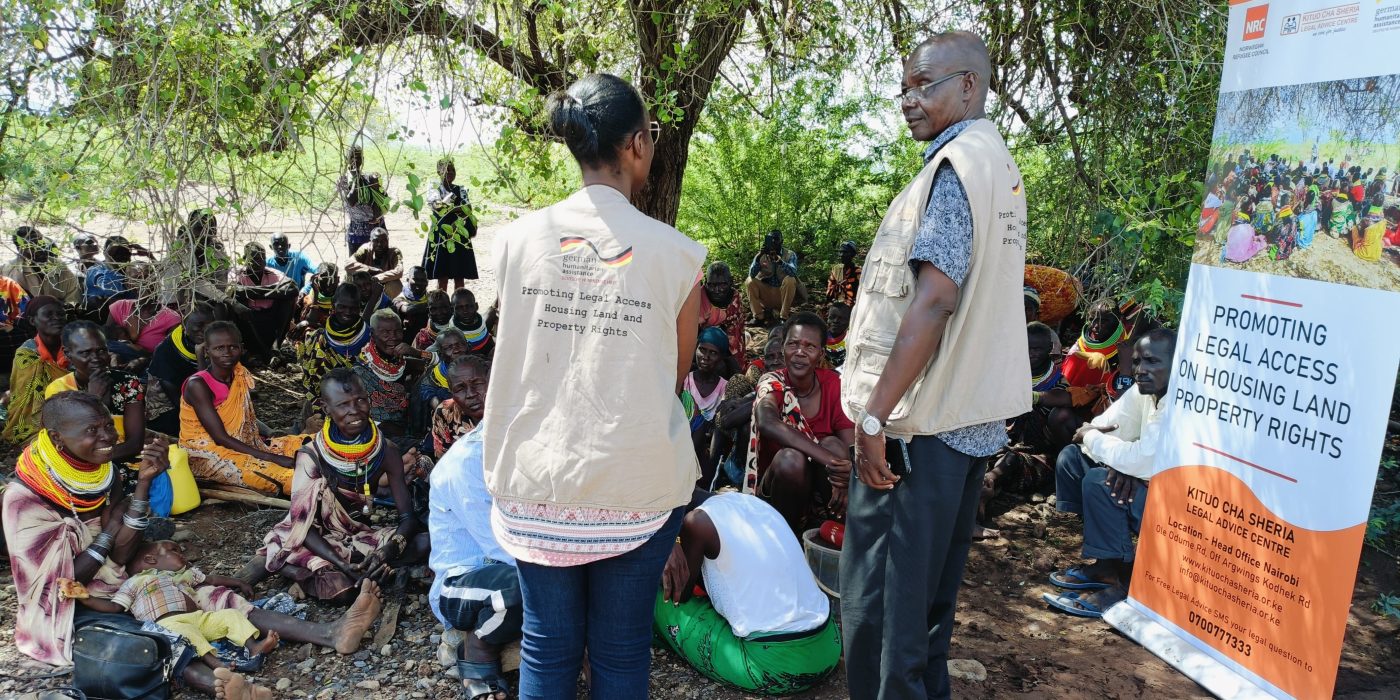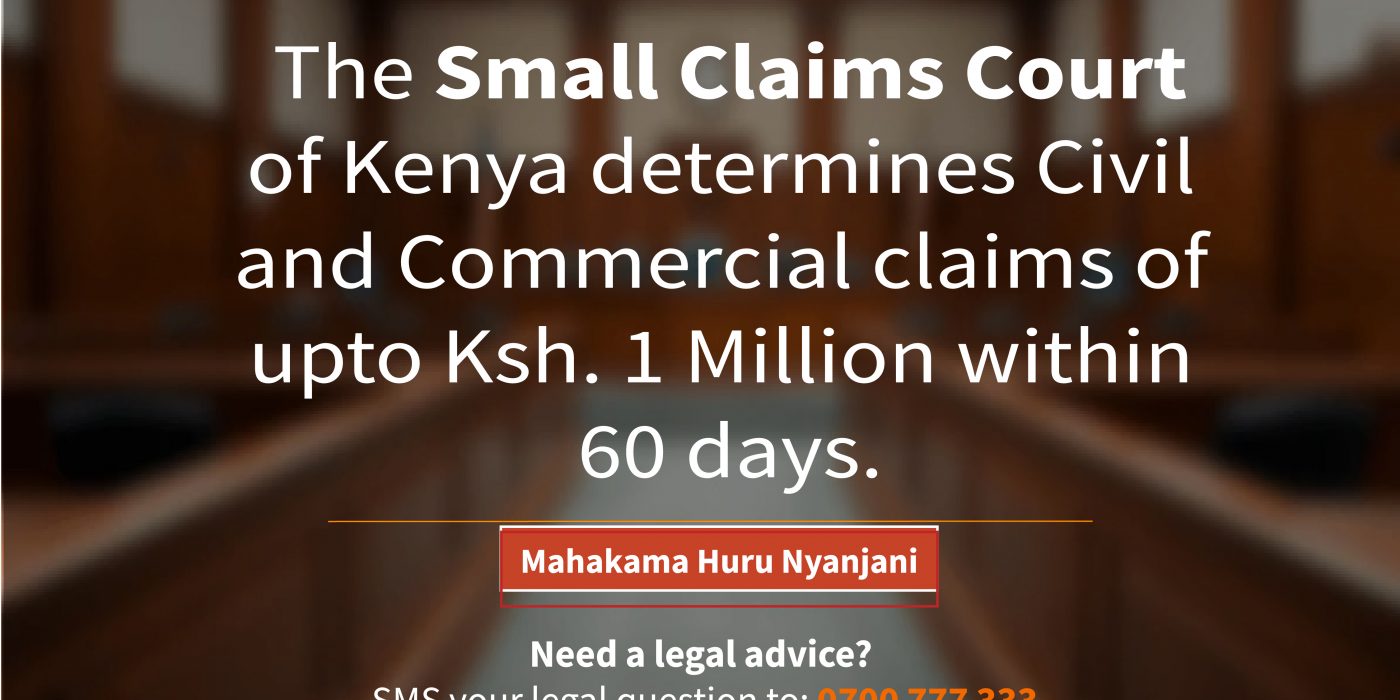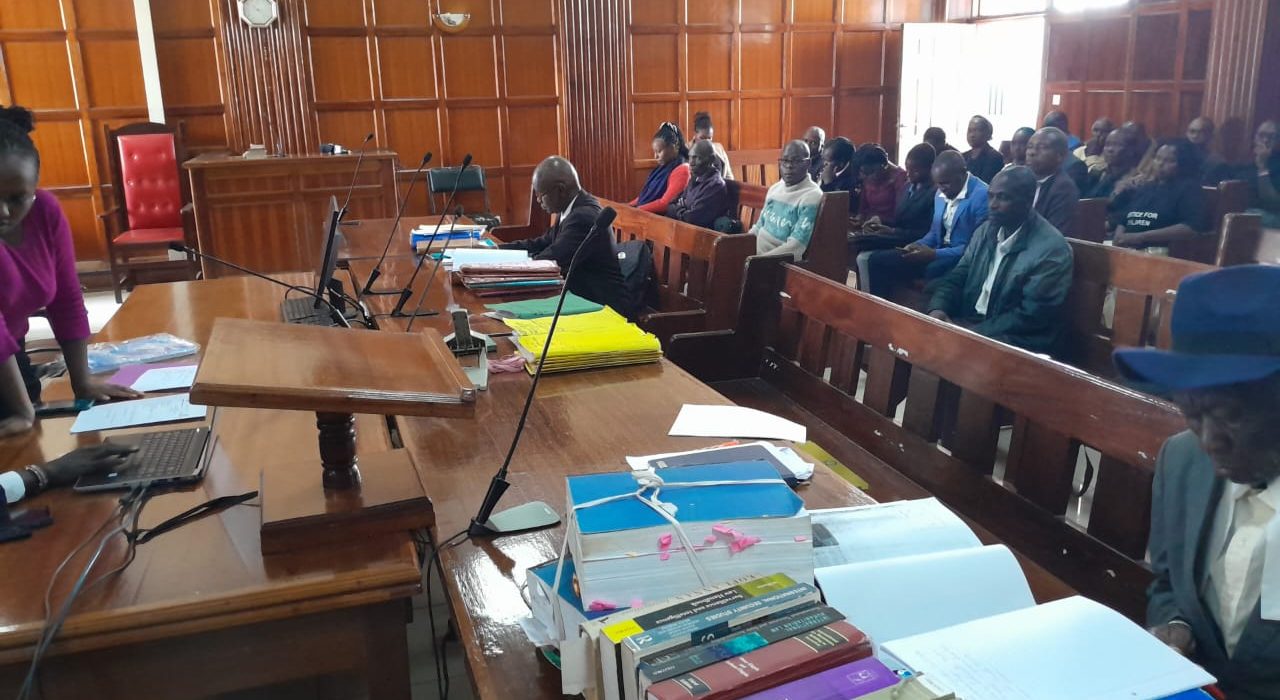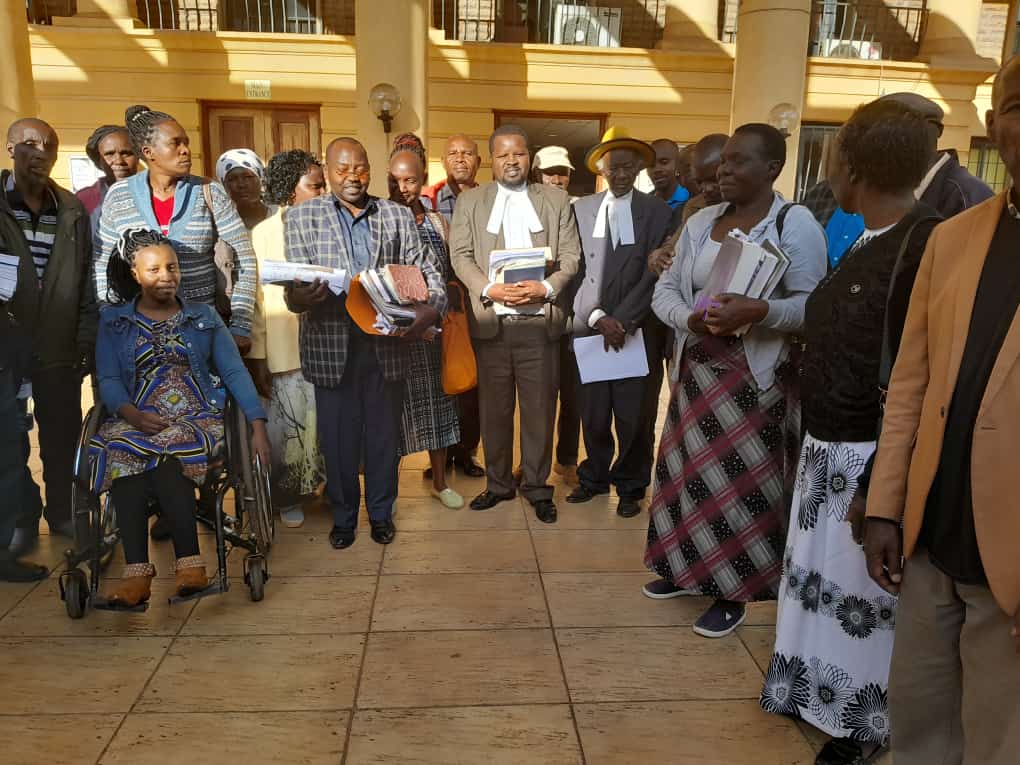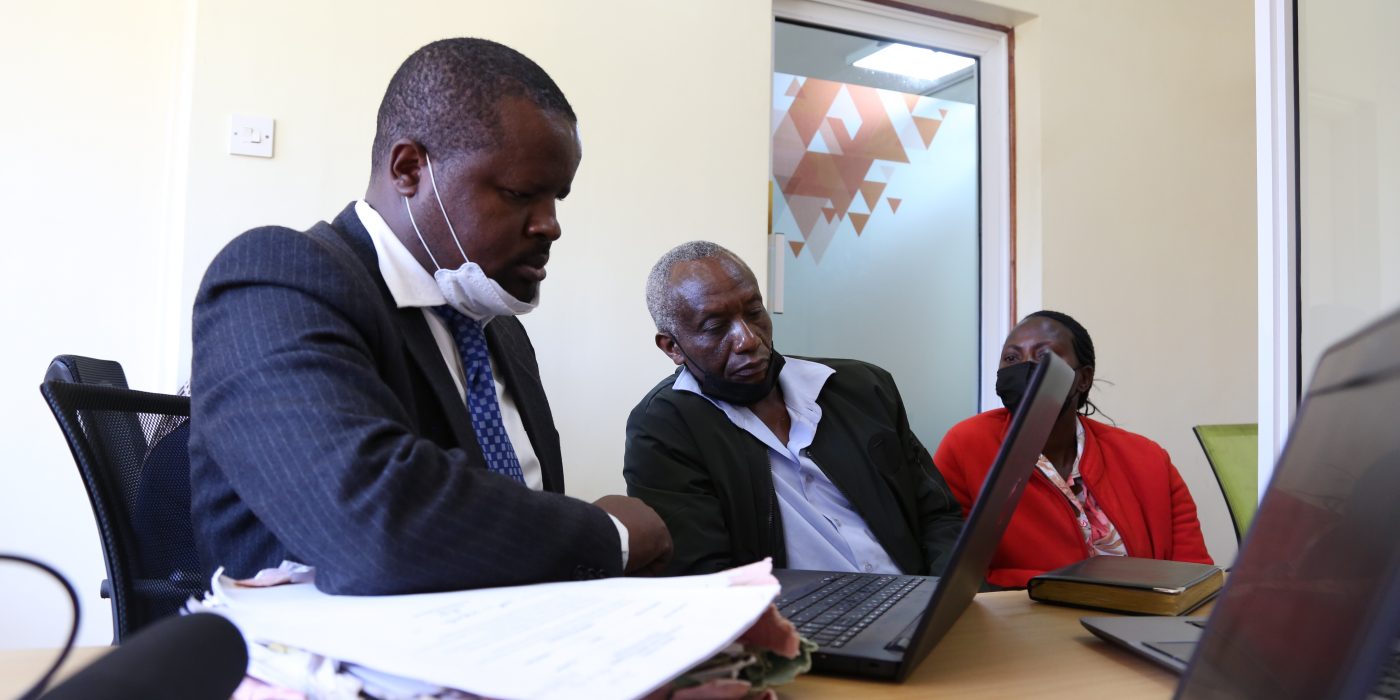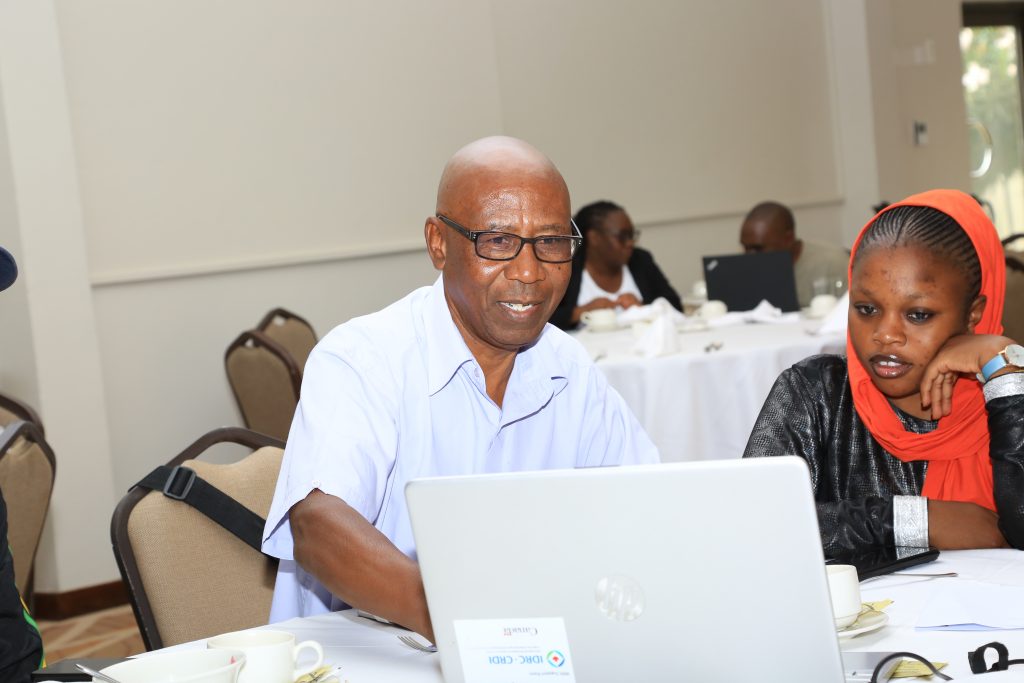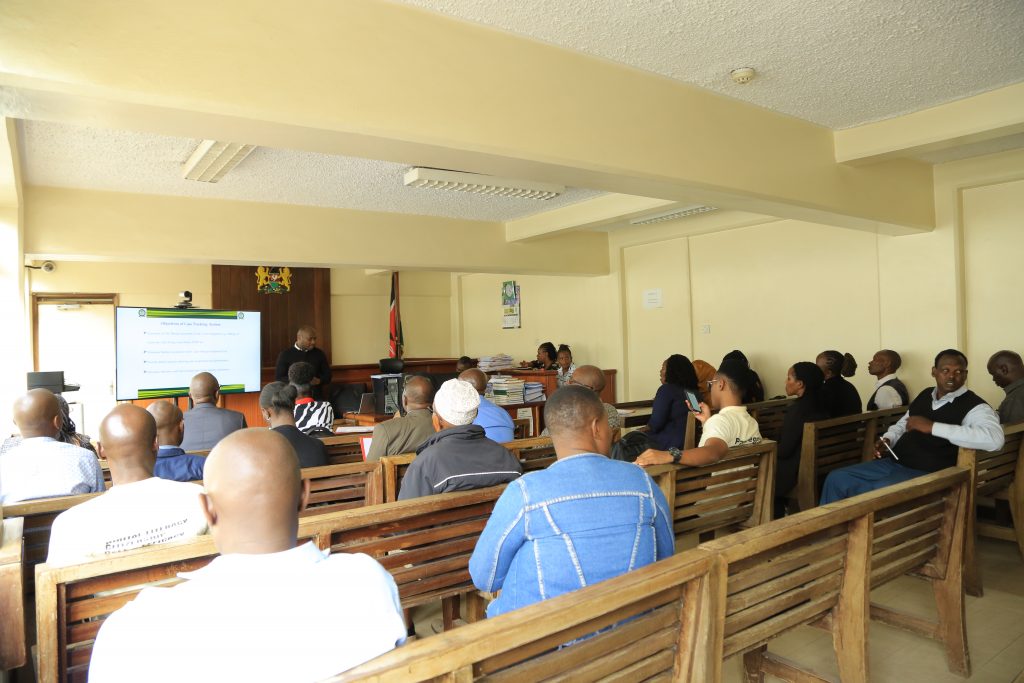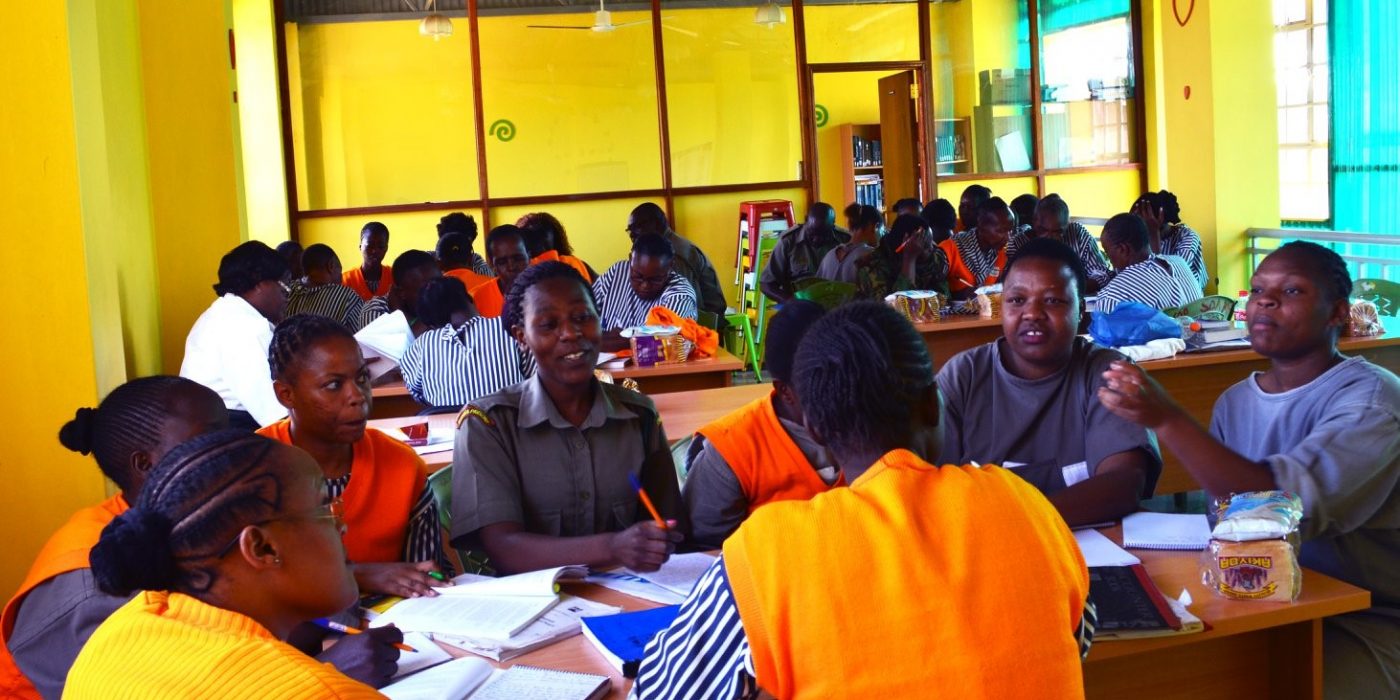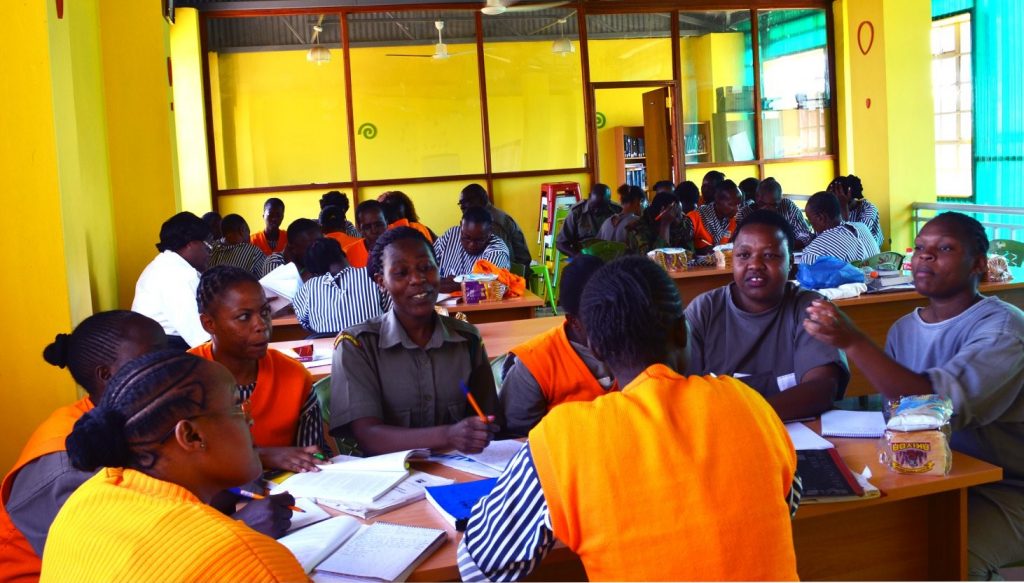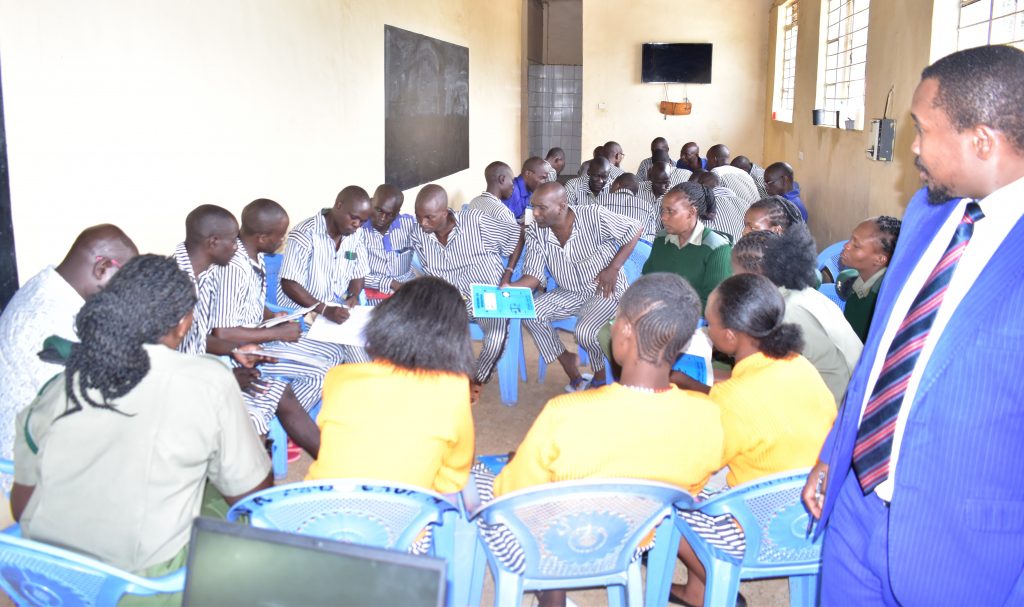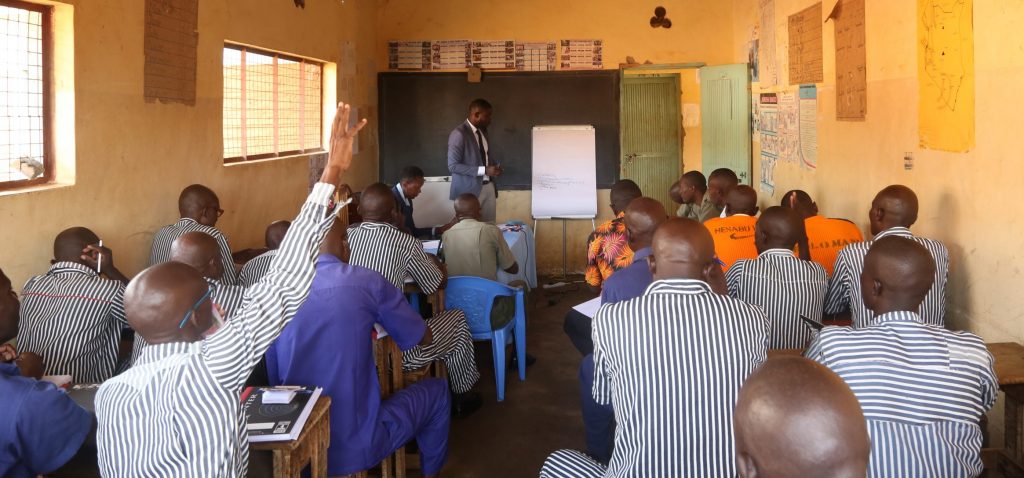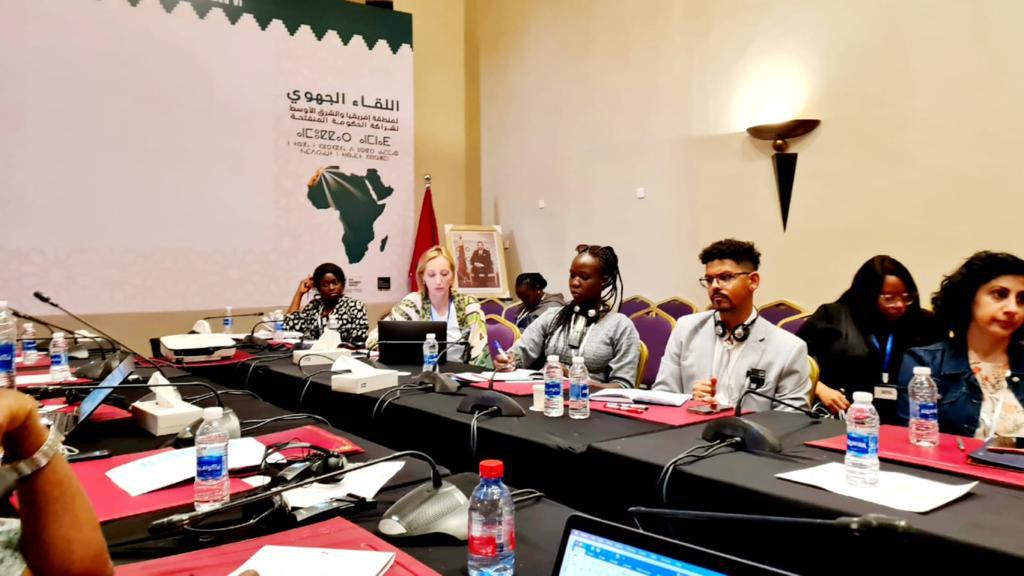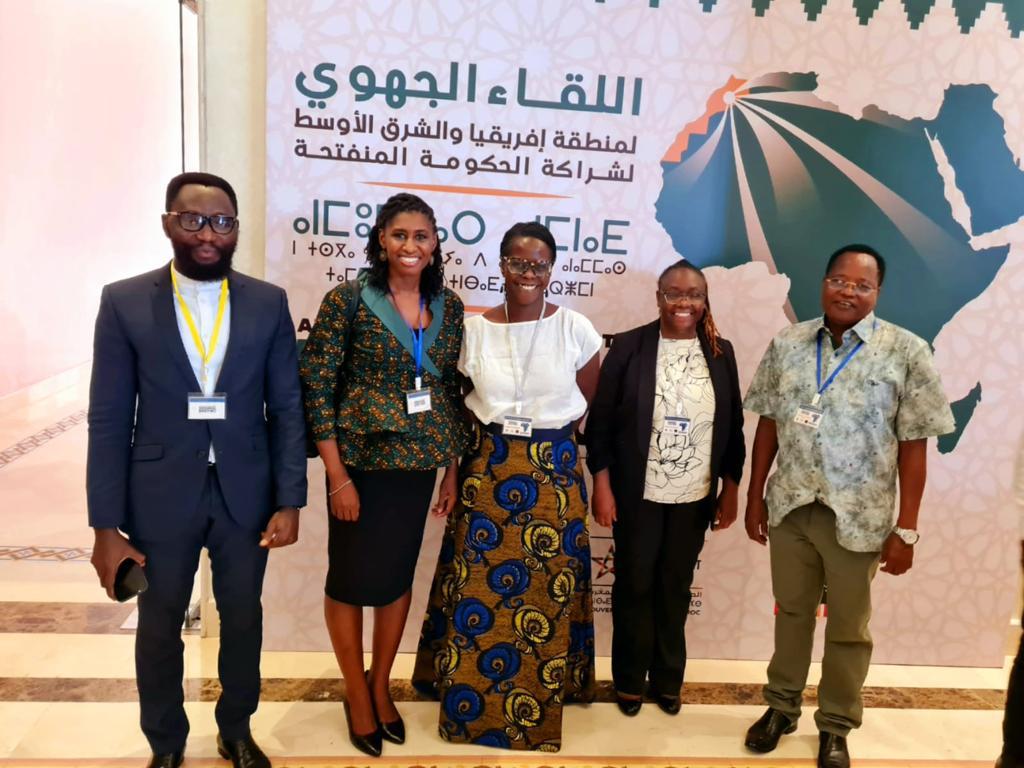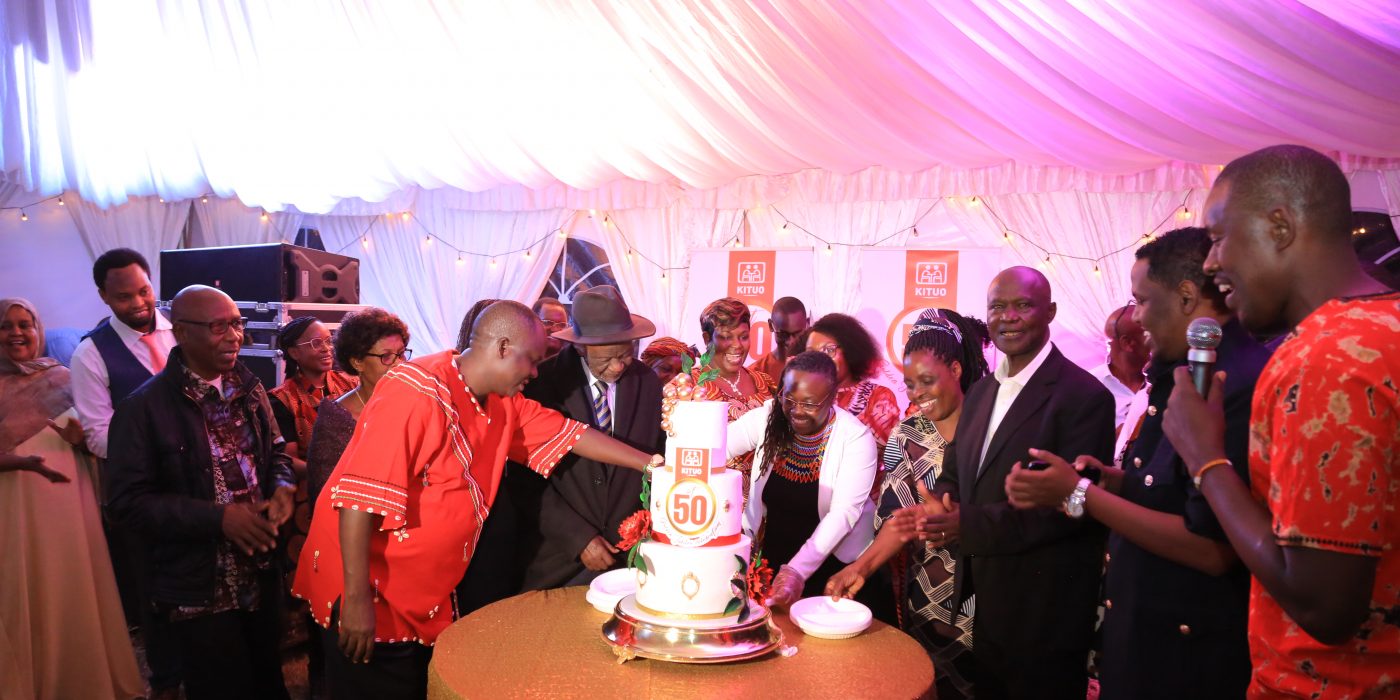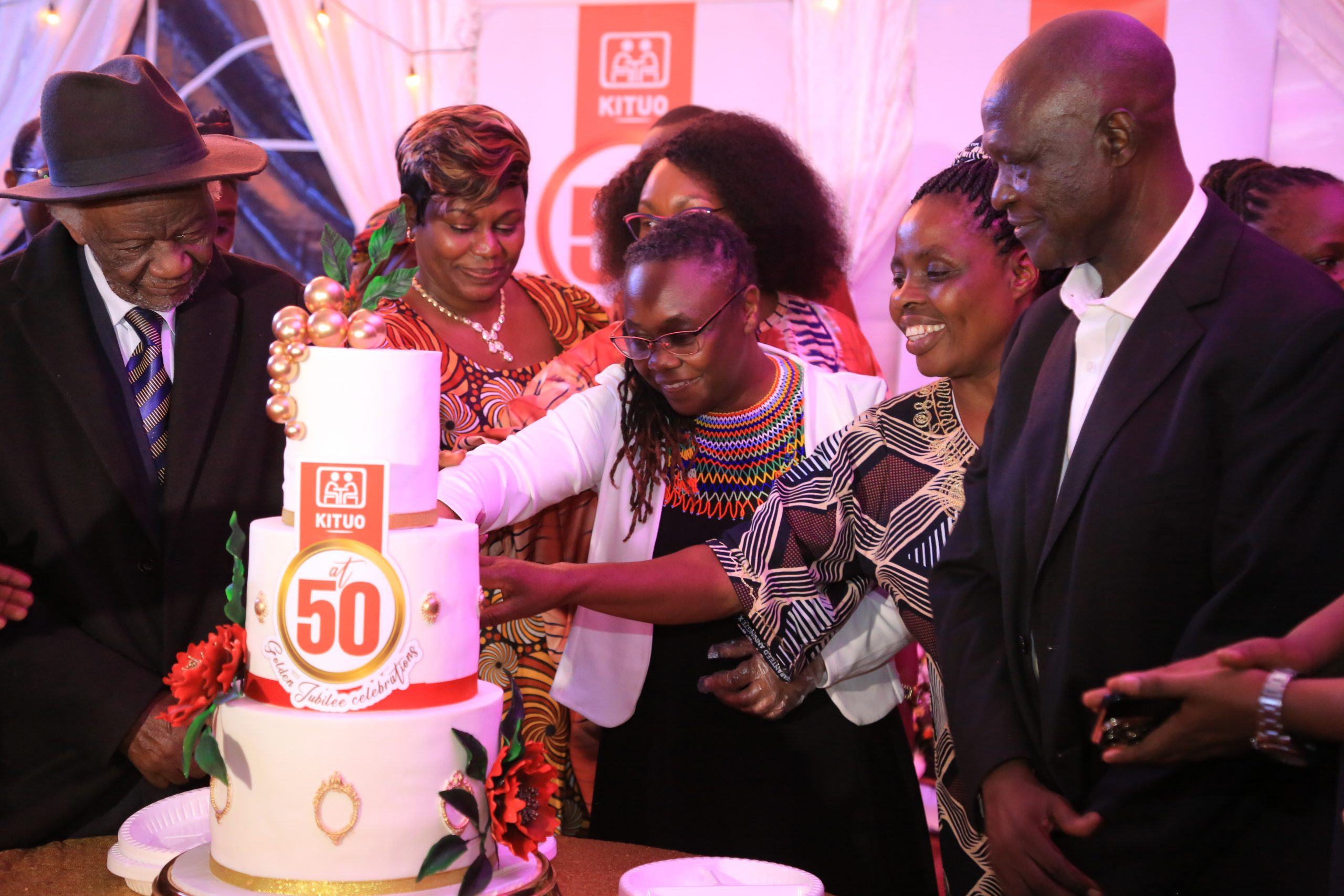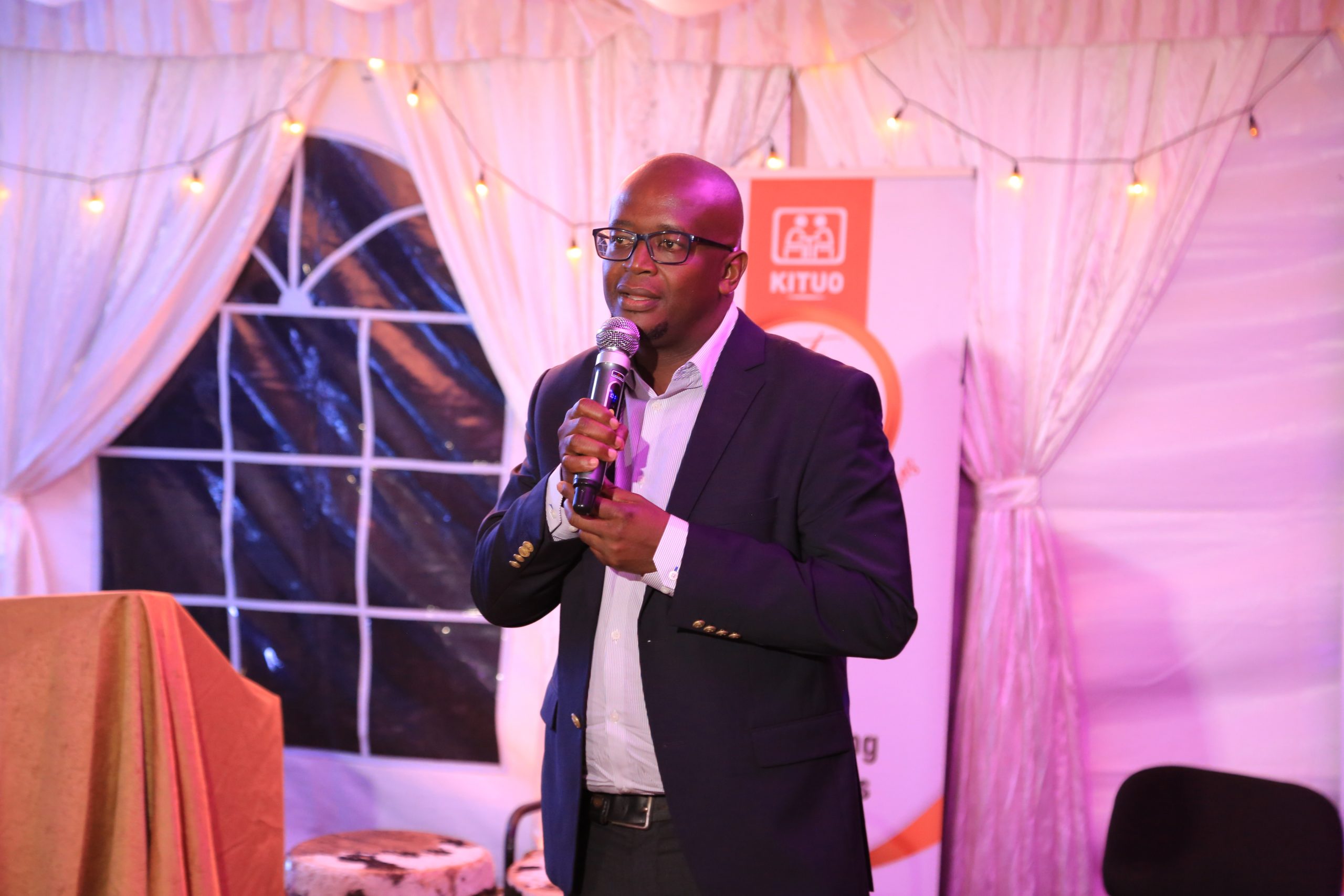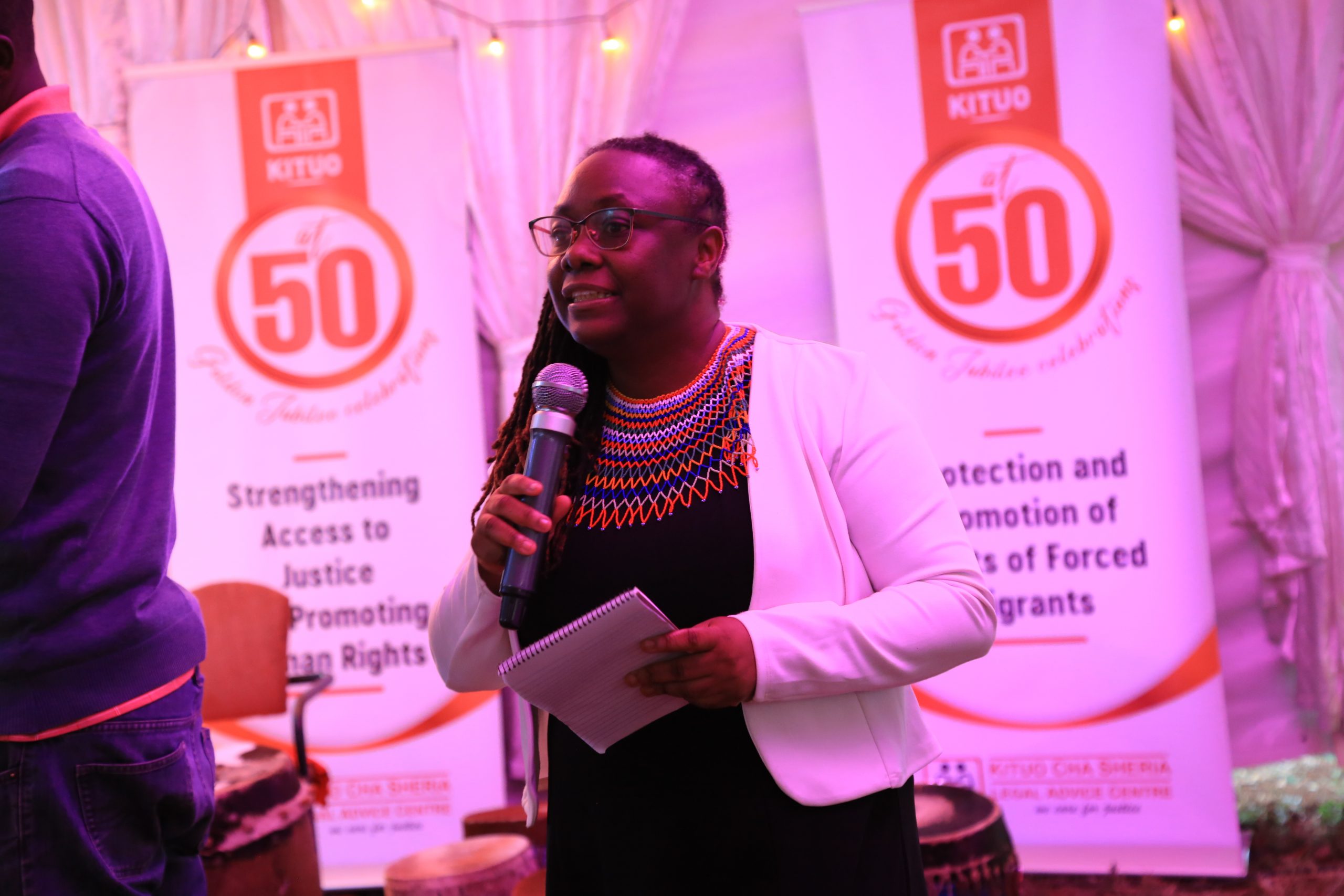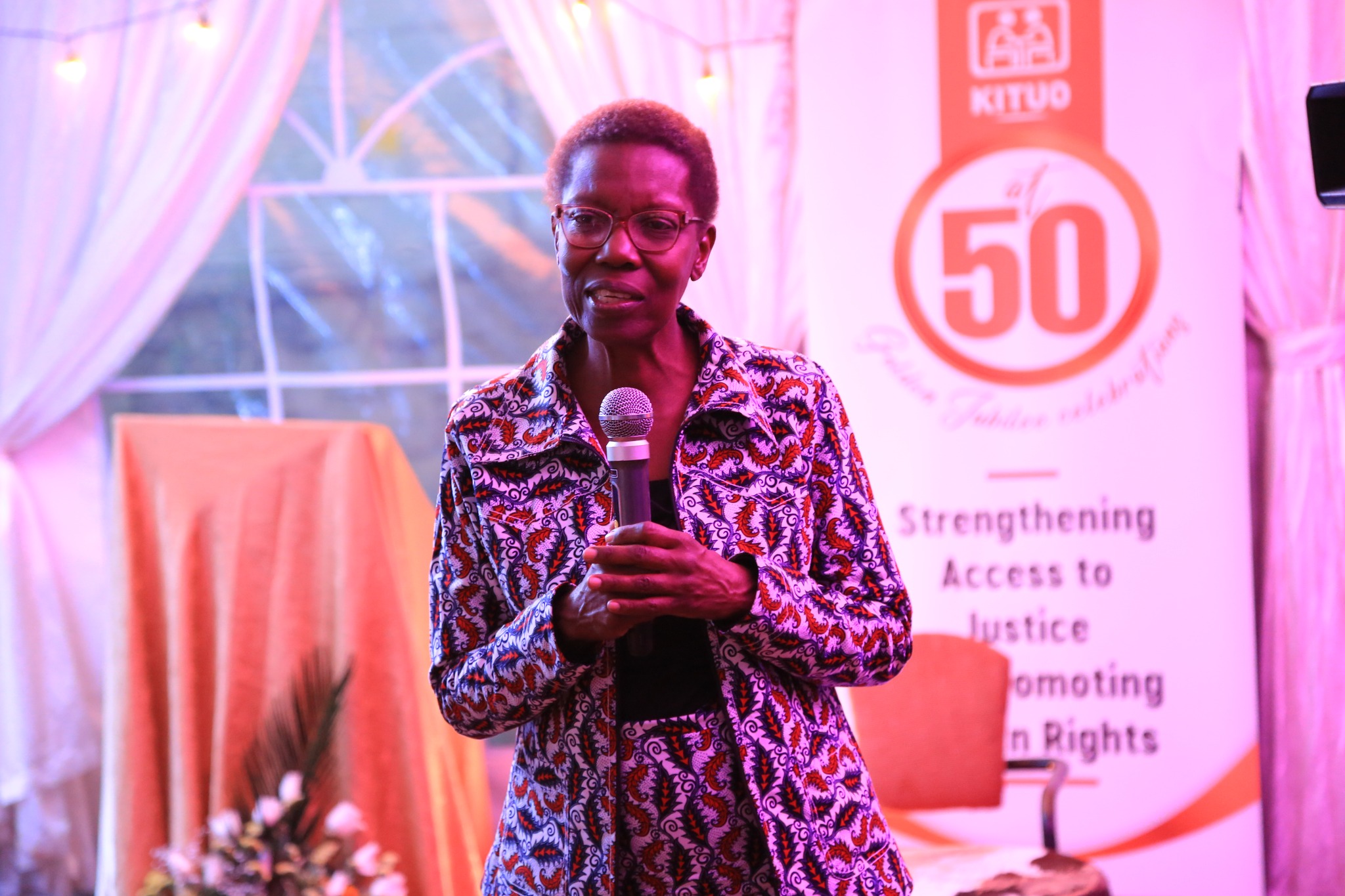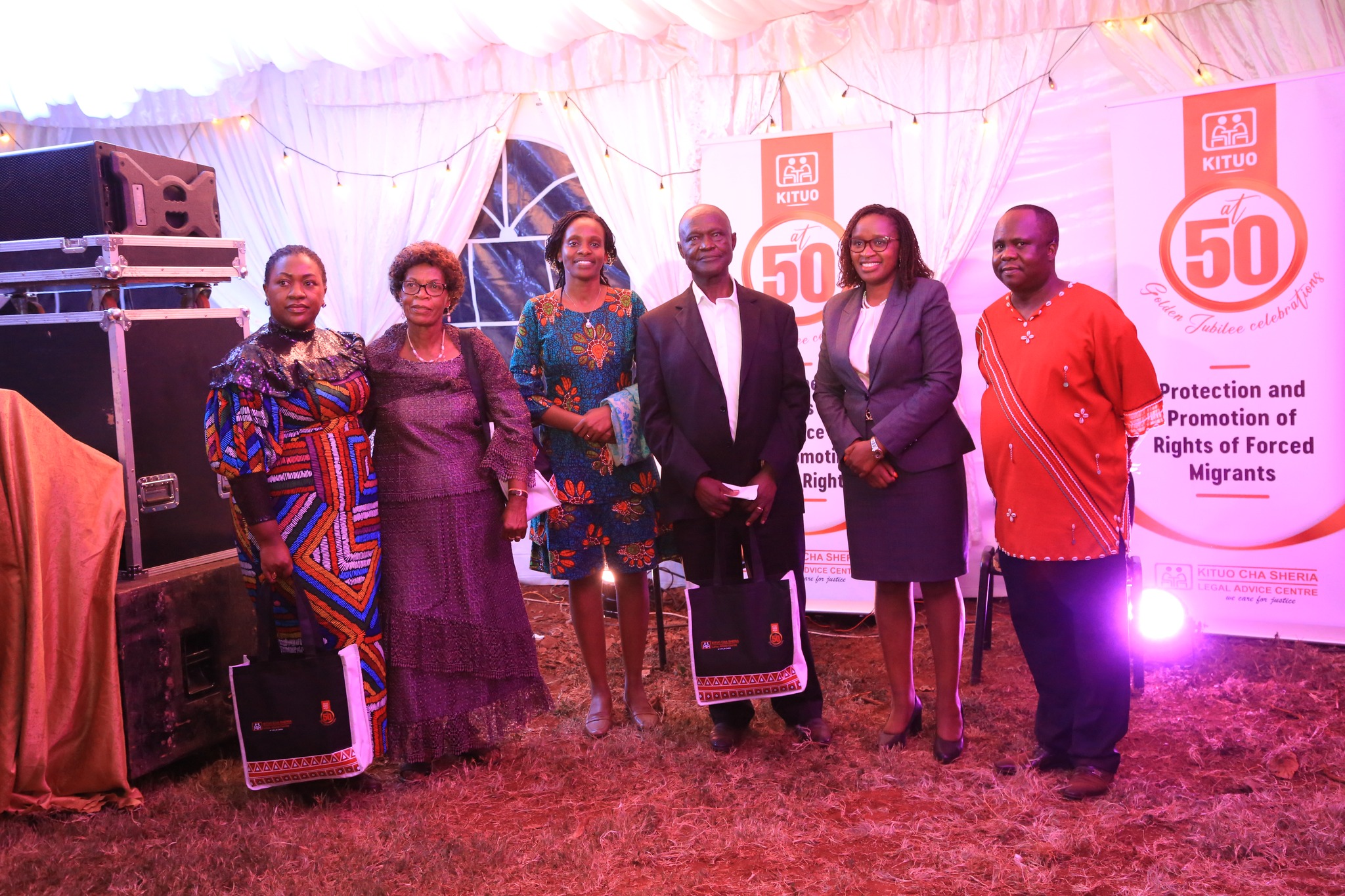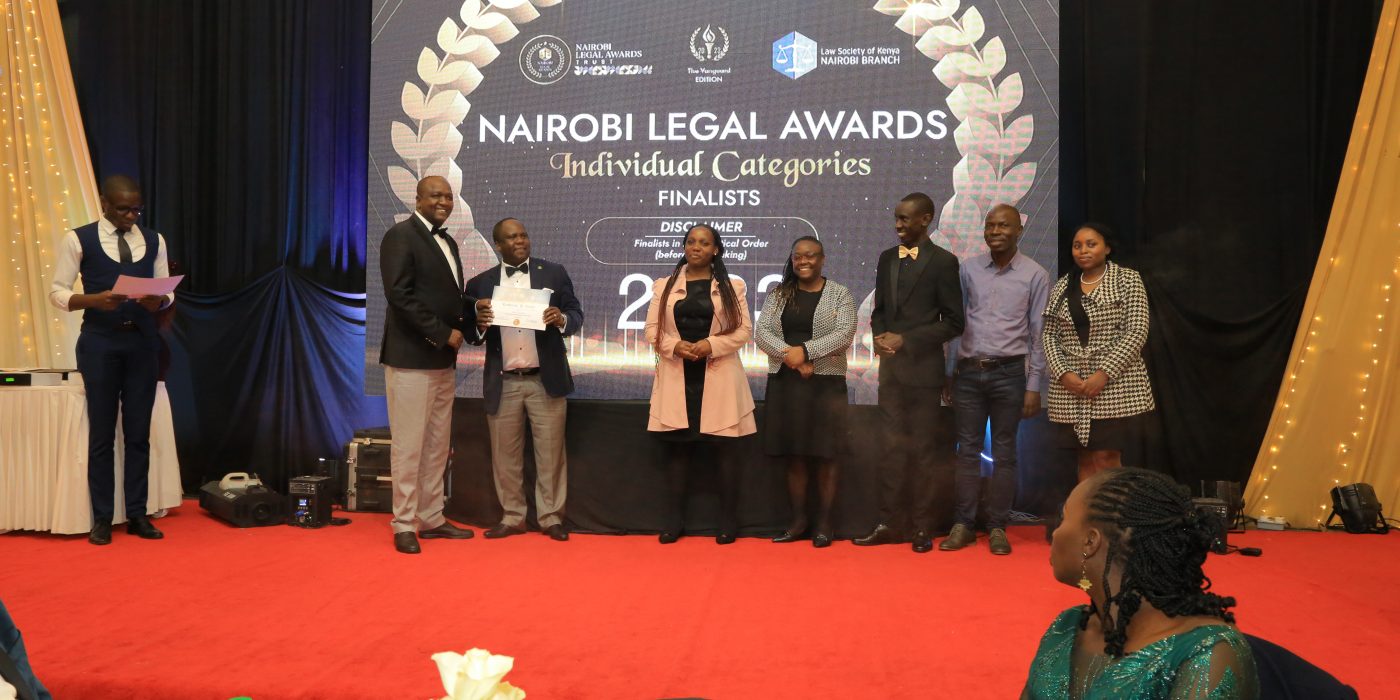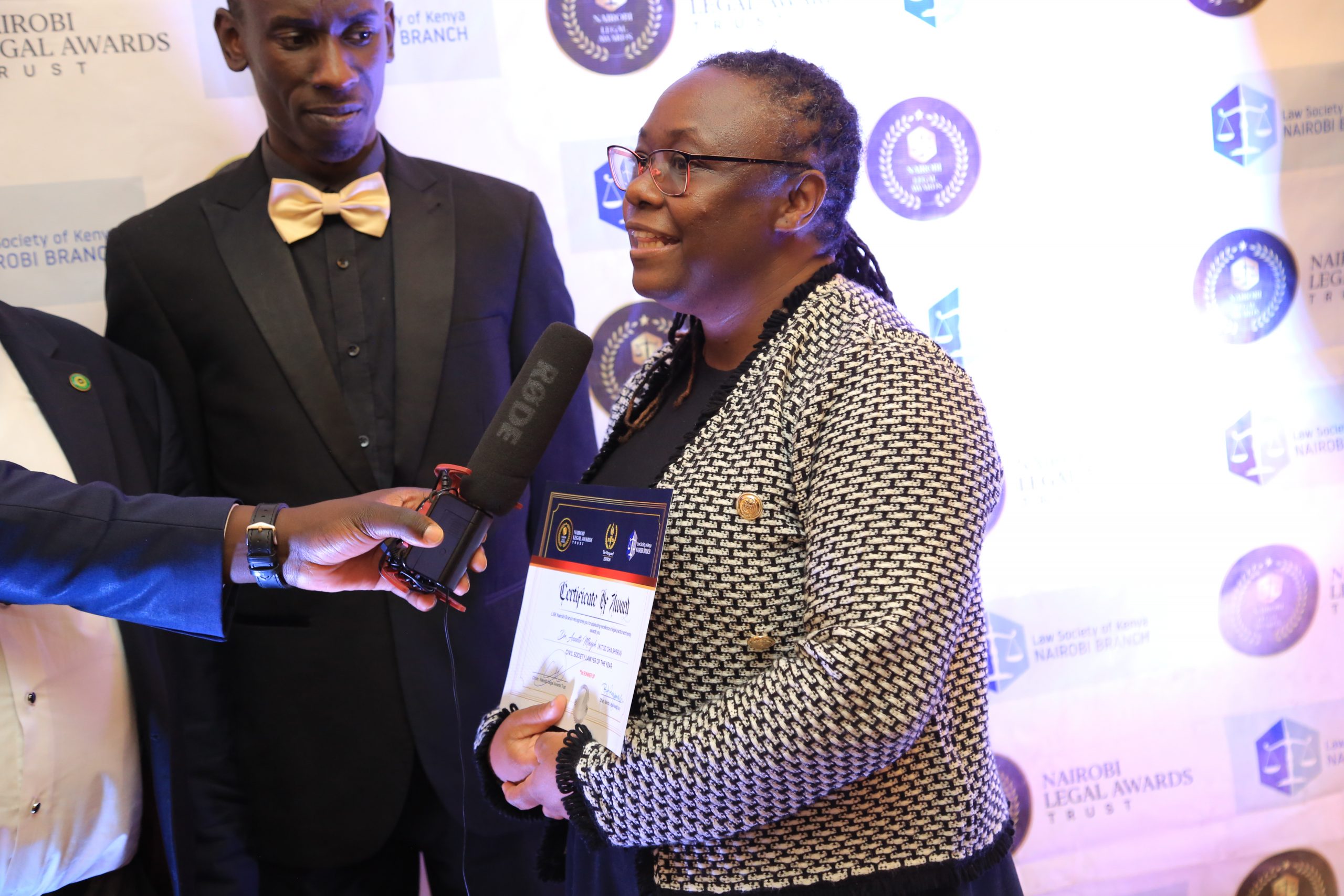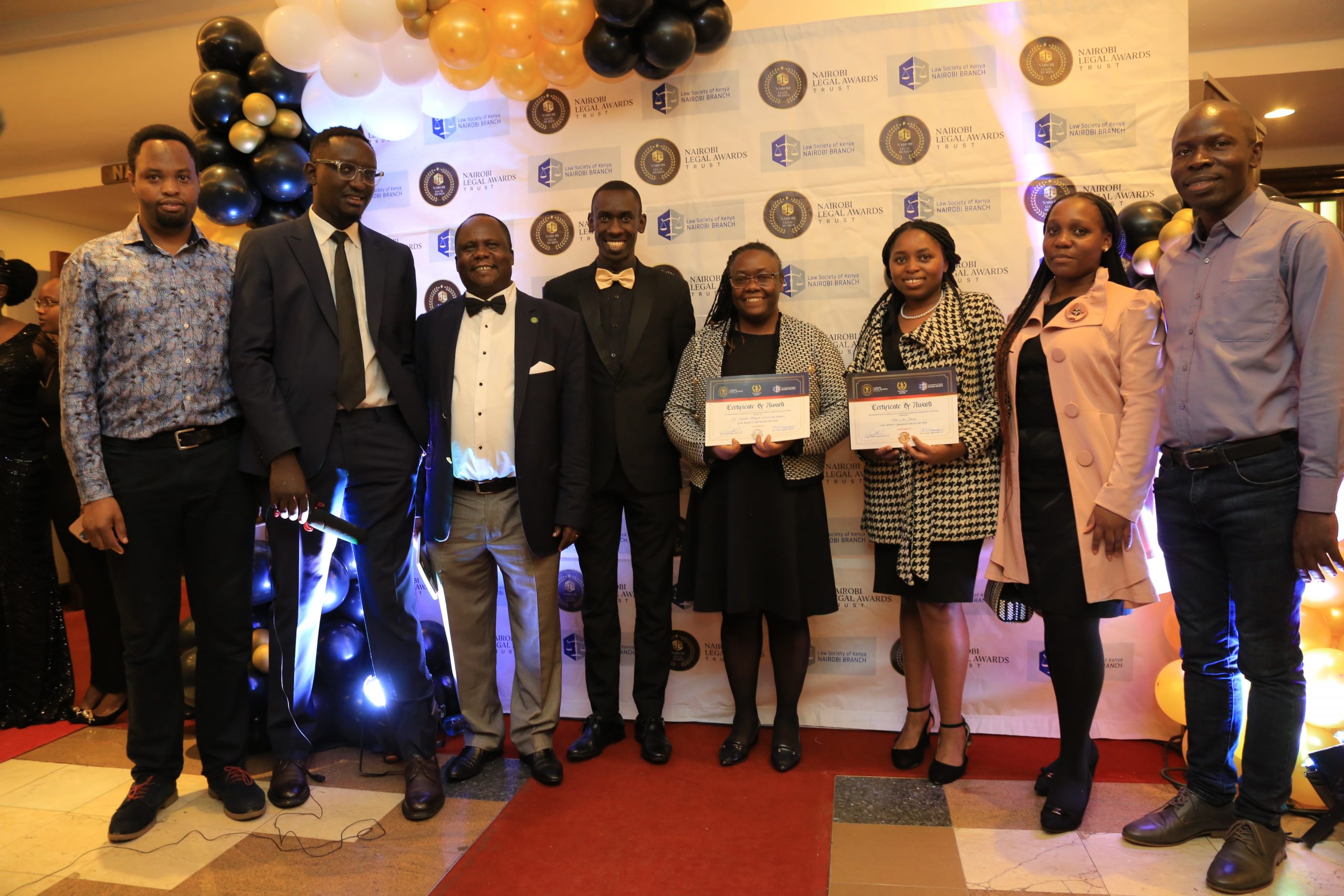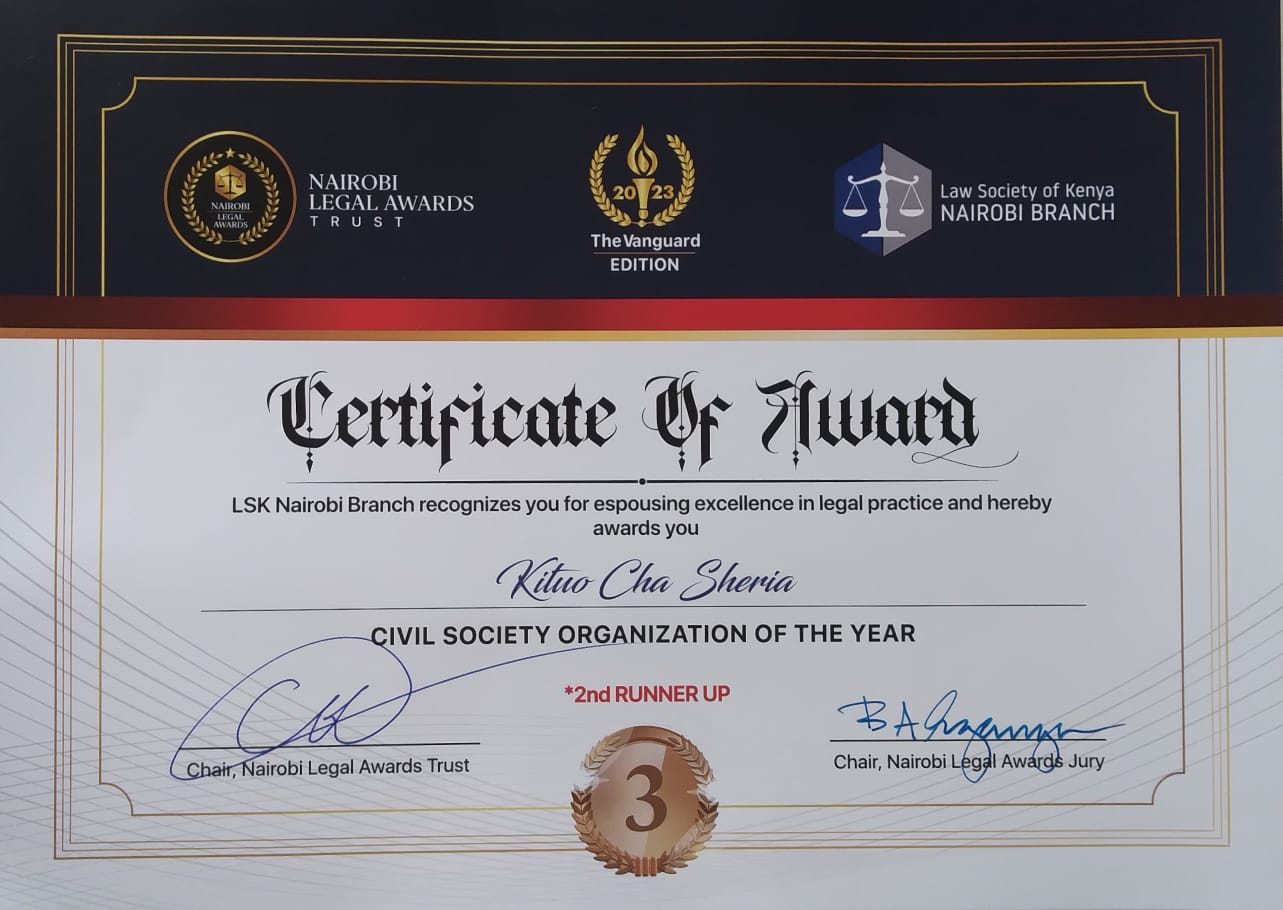Department of Refugee services obligations and responsibilities regarding Refugee right to family unity
Legal Right, Humanitarian Principle, and Key to Durable Solutions
The right to family unity is inherent. This right applies to all human beings, regardless of their status. Few human rights instruments, however, are explicit about how and where this right is to be effected in relation to families that have been separated across international borders.
For refugees and those who seek to protect them, the right to family unity implies a right to family reunification in a country of asylum, because refugees cannot safely return to their countries of origin in order to enjoy the right to family life there (Refugee Protection in International Law UNHCR’s Global Consultations on International Protection, pp. 555 – 603)
The integrity of the refugee family is both a legal right and a humanitarian principle; it is also an essential framework of protection and a key to the success of durable solutions for refugees that can restore to them something approximating a normal life.
Respect for the right to family unity requires not only that States refrain from action which would result in family separations, but also that they take measures to maintain the unity of the refugee family and reunite family members who have been separated, especially where the refugee family has no realistic possibilities for enjoying that right elsewhere. ( UNHCR, Summary Conclusions, Family Unity, above fn. 5, para. 5)
The separation of families when people flee persecution and conflict can have devastating
consequences to their wellbeing and ability to rebuild their lives. At the moment of flight, families are forced to leave without knowing if their families are safe. Once in safety, refugees are
often unaware of the whereabouts of their family. (See generally, UN High Commissioner for Refugees (UNHCR), Refugee Family Reunification. UNHCR’s Response to the European Commission Green Paper on the Right to Family Reunification of Third Country Nationals Living in the European Union (Directive 2003/86/EC), February 2012, available at: http://www.refworld.org/docid/4f55e1cf2.html, p. 3)
The Problem of Geographic Separation within Kenya
The Department of Refugee Services (DRS) plays a central role in ensuring refugees family unity. However, current practices during admission, status determination, and designation of residence leads to family separation. For instance, assigning residence to some family members in Nairobi while placing others in Kakuma or Kalobeyei undermines their right to family unity. The Department of Refugee Services should take proactive steps to ensure family unity is a key principle consideration when placing refugees in designated areas.
Protection of the right to refugee family environment requires that the states (department of refugee services) not only refrain from actions which could result in family separation or other arbitrary interference in the right to family life, but also take positive measures to maintain the family unit, including the reunion of separated family members.(CMW and CRC Committees, Joint General Comment on the general principles regarding the human rights of children in the context of international migration, above fn. 24, para. 27.)
Jurisprudence
In Marckx v. Belgium, it has ruled that “ensuring respect for family life is an obligation for the State to act in a manner calculated to allow these ties to develop normally” and “to allow those concerned to lead a normal family life.( Marckx v. Belgium, Application No. 6833/74, ECtHR, 13 June 1979, available at: http://www.refworld.org/docid/3ae6b7014.html, paras. 45 and 31.) this principle that the State may be required affirmatively to promote family life has been repeated in the case, Gül v. Switzerland.
Rayment and Others v Minister of Home Affairs and Others; Anderson and Others v Minister of Home Affairs and Others (CCT 176/22) [2023] ZACC 40 (4 December 2023) where the issues to the Right to dignity and family life was raised and determined.

